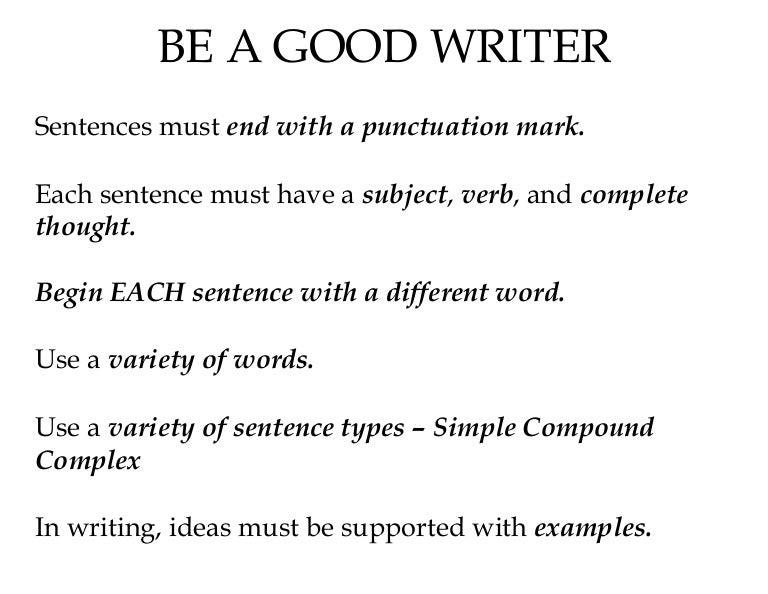



Your instructor assigns a term project on the subject. You find it fascinating and can’t wait to learn more. Now, let’s say that the next day in biology class your instructor covers the topic of biomes, and you learn about animal habitats and biodiversity and the interrelation and interdependence of species within biomes. You brought them home, removed all the packaging, plugged them into your MP3 player, and they’re amazing! So you decide to visit the company website, and you write a stellar review of the product, giving it a five-star rating and including descriptive details about the headphones’ comfortable fit, excellent sound quality, ability to cancel outside noise, and reasonable price. Say you just bought a new pair of headphones. Let’s consider this situational nature of writing anxiety for a moment. The last of the questions above points out something important about this condition that has been afflicting writers everywhere for centuries: writing anxiety is often more about the audience and/or purpose for a given writing task than it is about the mere act of writing itself. Writing anxiety simply means that a writer is experiencing negative feelings about a given writing task. What is Writing Anxiety and How Do You Know if You Have It?ĭo you worry excessively about writing assignments? Do they make you feel uneasy or agitated? Do you have negative feelings about certain types of writing? If you answered yes to any of these questions, you might suffer from writing anxiety. Then, if you find that you’re afflicted, we’ll help you to determine the best course of treatment. Do you have it? To aid you in self-diagnosis here, let’s take some time to figure out what it is. We might even venture to call it an ailment. But writing anxiety or writer’s block is more of a condition. You can learn more about procrastination later in this section of the text. You might associate the idea of writing anxiety or writer’s block with procrastination, and procrastination certainly can be either a cause or an effect of writing anxiety. So how do writers get going when they feel stuck or uninspired? They develop a set of habits and have more than one way to write to get the words flowing again. Sometimes we have to write what Anne Lamott calls a “shitty rough draft.” One of my favorite writing professors, Duncan Carter, used to say that he was a terrible writer but a great reviser, and that’s what helped him write when inspiration wasn’t available.
#Am ia good writer professional
Professional writers also know that not everything they write ends up in the final draft. Writing comes out of a regular practice-a habit. What professional writers know is that writing takes consistent effort. If you just wait for the magic to come back, you might wait a long time. Your brain seems to have run out of things to say. Sometimes the writing just seems to flow as if by magic, but then the flow stops cold. You may be thinking, “All this advice is good, but sometimes I just get stuck! What I normally do just isn’t working!” That’s a familiar feeling for all writers. Overcoming Writing Anxiety and Writer’s Block “Overcoming Obstacles” by The U.S. Dealing with Obstacles and Developing Good Habits


 0 kommentar(er)
0 kommentar(er)
